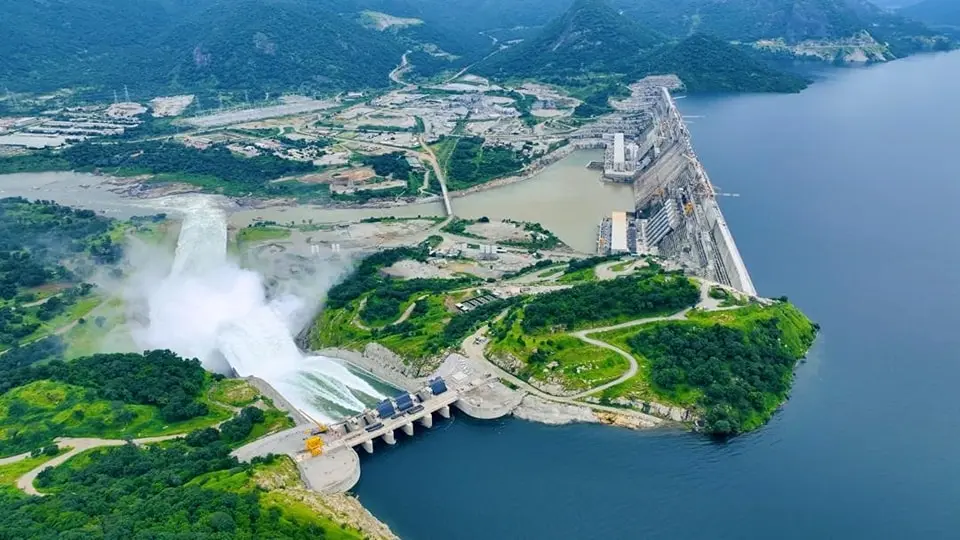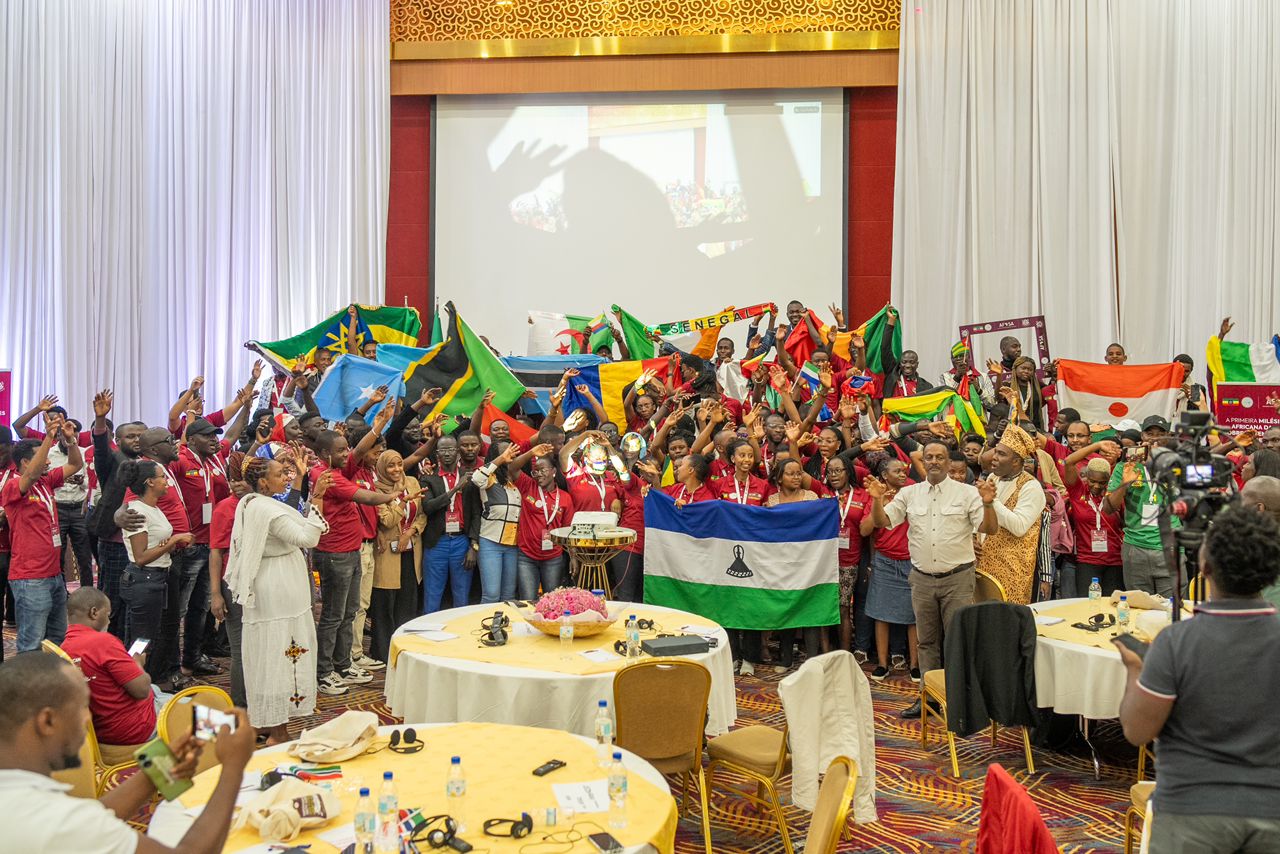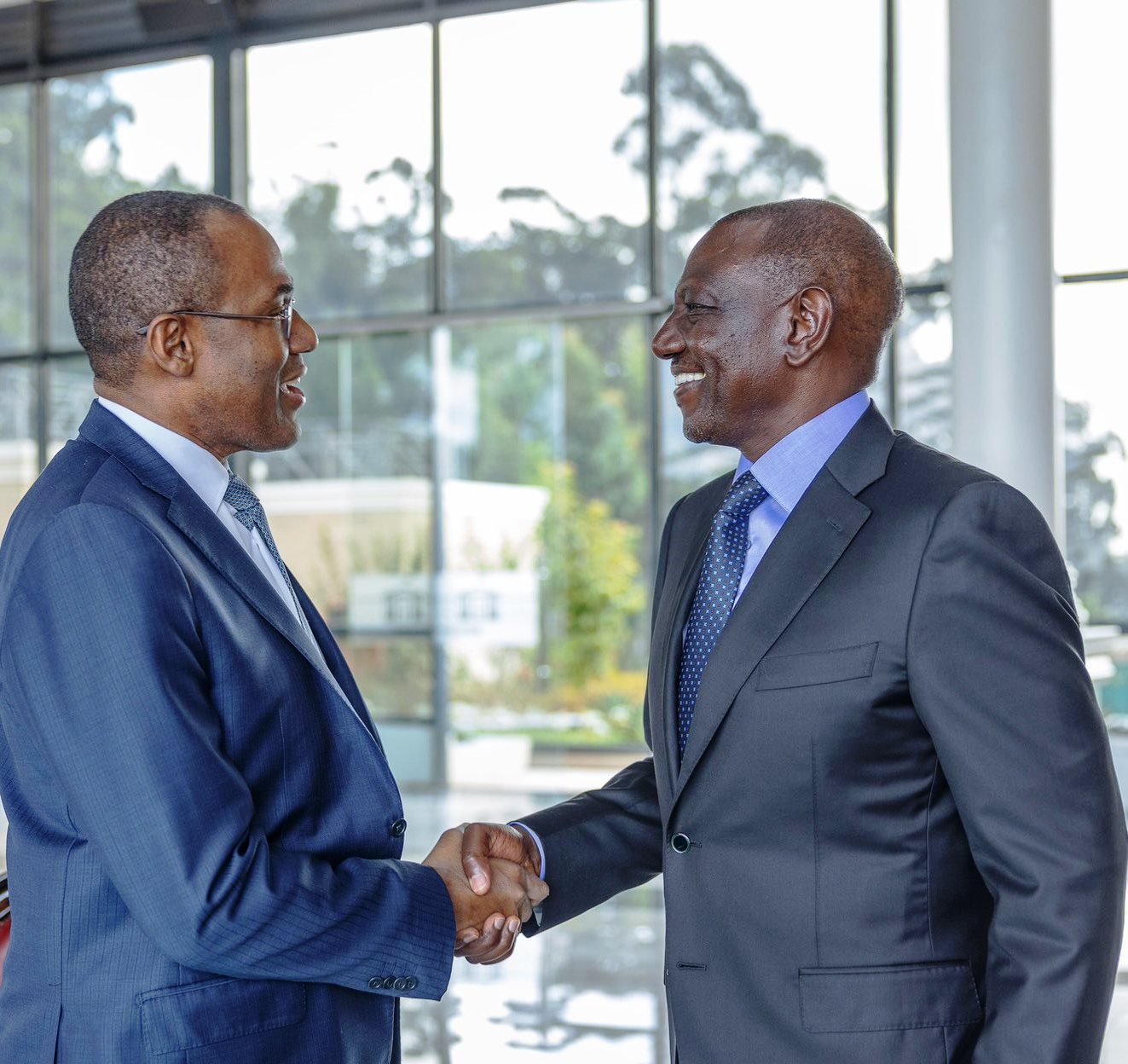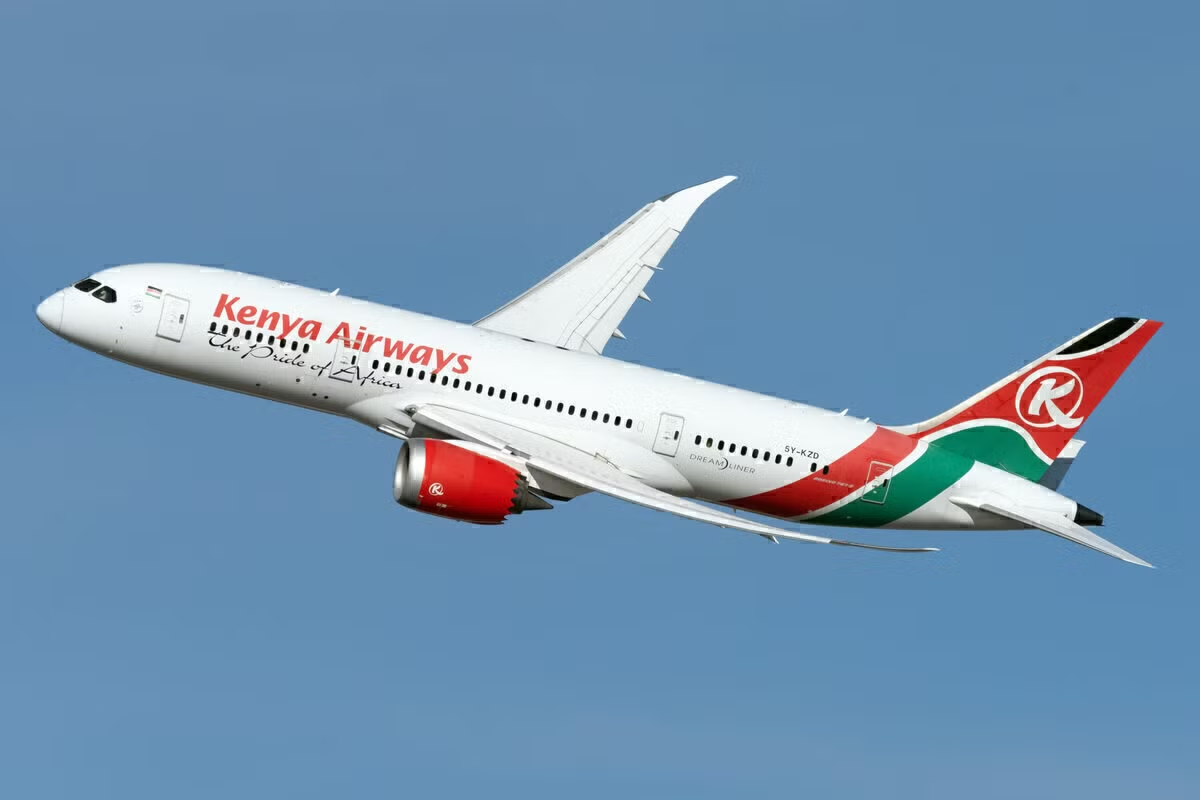TWV Foreign Affairs Desk
The Grand Ethiopian Renaissance Dam (GERD), Africa’s largest hydroelectric project, has ignited a fierce geopolitical struggle between Ethiopia and Egypt, with Somalia emerging as a critical theatre in their rivalry over the Nile River.
To unlock the full article:
Choose one of the options below:
- Ksh 10 – This article only
- Ksh 300 – Monthly subscription
- Ksh 2340 – Yearly subscription (10% off)
Ethiopia’s completion of the GERD in July 2025 has escalated tensions, as Egypt, heavily reliant on the Nile for over 90% of its freshwater, views the dam as an existential threat. Meanwhile, Ethiopia’s strategic manoeuvres in Somalia aim to counter Egyptian influence, further complicating regional dynamics.
Ethiopia, the source of 85% of the Nile’s waters via the Blue Nile, sees the GERD as a cornerstone of its development. The dam, now generating over 6,000 megawatts, promises to double Ethiopia’s electricity output, addressing the energy needs of its 120 million citizens, over half of whom lack reliable power. For Ethiopia, the GERD is a symbol of sovereignty and economic progress, challenging historical treaties like the 1929 Anglo-Egyptian Treaty and the 1959 Egypt-Sudan agreement, which allocated 55.5 billion cubic metres of Nile water to Egypt and 18.5 billion to Sudan, excluding upstream nations like Ethiopia.
Prime Minister Abiy Ahmed has rejected these colonial-era pacts, asserting Ethiopia’s right to harness its resources. Egypt, however, perceives the GERD as a direct threat to its water security. With a population exceeding 106 million and a projected water crisis by 2025, Cairo fears that Ethiopia’s unilateral filling of the dam’s 74-billion-cubic-metre reservoir could reduce its Nile water supply by up to 2%, costing 81,000 hectares of irrigated land.
Egyptian Foreign Minister Badr Abdelatty has accused Ethiopia of violating international law, warning that Egypt reserves the right to “defend itself” under the UN Charter. Egypt’s response includes costly adaptation measures like desalination plants and wastewater treatment to offset potential water losses.
The conflict has spilled into Somalia, where Ethiopia seeks to secure its western flank against Egyptian-backed influence. In August 2024, Egypt signed a security pact with Somalia, deploying troops and weapons to Mogadishu as part of a peacekeeping mission.
This move, seen as a counter to Ethiopia’s January 2024 port agreement with Somaliland for Red Sea access, has heightened tensions. Somalia, viewing Somaliland as its territory, opposes Ethiopia’s deal, and Egypt’s military presence bolsters Mogadishu’s leverage.
Ethiopia has warned against regional destabilisation, with Abiy hinting at repelling threats “from afar and nearby.” This proxy rivalry risks turning Somalia into a battleground for Egyptian-Ethiopian tensions.
Negotiations over the GERD have stalled despite years of talks, including failed US-brokered efforts in 2020 and Nile Basin Initiative attempts. Egypt demands a legally binding agreement on water releases during droughts, while Ethiopia insists on its sovereignty.
The Nile Basin Initiative’s Cooperative Framework Agreement, ratified by Ethiopia and four others but rejected by Egypt, underscores the divide. As Ethiopia prepares for the GERD’s inauguration in September 2025, the lack of a water-sharing deal raises the spectre of conflict. Egypt’s military posturing and Ethiopia’s regional ambitions, particularly in Somalia, signal a volatile future.
A cooperative framework balancing Ethiopia’s development goals with Egypt’s water security is urgently needed to avert a crisis that could destabilise the Horn of Africa.
[/full]




